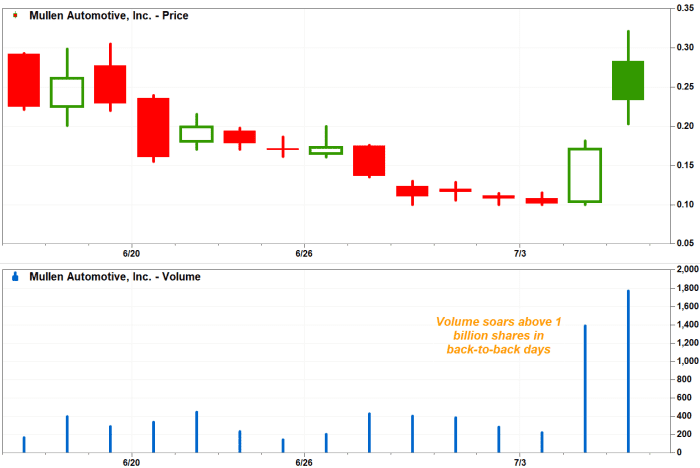The Ultimate Car Tune-Up Checklist for 2024
In 2024, maintaining your vehicle’s optimal performance goes beyond regular oil changes. A car tune-up is an essential procedure that can significantly extend your vehicle’s lifespan while enhancing its efficiency and safety. Whether you own a brand-new model or a seasoned vehicle, performing periodic tune-ups ensures that your car remains in peak condition for the road ahead.
Why Regular Maintenance is Crucial
Modern vehicles are complex machines with interconnected systems that require regular upkeep to function smoothly. With advancements in automotive technology, staying on top of maintenance is more important than ever. Neglecting key components can result in decreased fuel efficiency, rough engine performance, or even breakdowns. Ensuring each part is functioning correctly saves time and costly repairs down the road.
Essential Fluids to Check
Fluids are the lifeblood of your vehicle, and checking them regularly is vital to ensure all components work as intended. You should monitor and replenish the following:
- Engine oil: Lubricates the engine, ensuring smooth operation and preventing overheating.
- Transmission fluid: Ensures smooth gear shifting, especially crucial for automatic vehicles.
- Coolant: Regulates the engine’s temperature to prevent overheating.
- Brake fluid: Enables effective braking performance.
- Power steering fluid: Helps ensure easy and responsive steering.
Ensure that all fluids are at the correct levels and replace them as per your vehicle’s manual or mechanic’s recommendation. Doing so will keep your vehicle running efficiently and prevent issues that could escalate into significant repairs.
Spark Plugs and Ignition System
Spark plugs are essential to your engine’s ignition system. Worn-out or faulty spark plugs can cause engine misfires, reduce fuel efficiency, or make it difficult to start the car. It’s important to inspect and replace them regularly to ensure smooth combustion and optimal engine performance.
In 2024, many vehicles come with advanced ignition systems, but that doesn’t eliminate the need for inspection. A faulty ignition coil or worn-out wires can lead to inconsistent engine performance. Have a professional assess the condition of the entire ignition system during your tune-up to avoid unexpected problems on the road.
Battery Health and Electrical Systems
Your car’s battery and electrical systems are responsible for powering everything from the ignition to the lighting and infotainment system. Inconsistent battery performance can lead to starting issues or malfunctioning electronics.
Ensure that the battery terminals are clean and free from corrosion. It’s also worth testing the battery’s voltage to assess its overall health. A weakened battery may need replacing, particularly if you experience slower engine cranking. With vehicles becoming more electronically complex, checking the alternator and other electrical components ensures that your car remains in proper working order.
Tire Inspection and Rotation
Tires are often overlooked but play a critical role in your car’s performance, safety, and fuel economy. A well-maintained set of tires improves road handling, fuel efficiency, and comfort.
Inspect your tires for signs of wear, such as uneven tread or cracking. Rotating your tires regularly ensures even wear, extending their life and providing better traction on the road. Also, check tire pressure frequently; underinflated tires reduce fuel efficiency and pose a safety risk. Don’t forget to ensure that your spare tire is in good condition as well.
Brakes and Suspension System
The braking system is perhaps the most important safety feature of your vehicle. During a tune-up, have the brake pads, rotors, and calipers checked for wear and tear. Worn-out brakes can compromise your safety and lead to costly repairs if not addressed promptly.
Alongside the brakes, the suspension system is responsible for ensuring a smooth and controlled ride. A poorly maintained suspension can cause uneven tire wear and reduce your vehicle’s handling. Have your shocks, struts, and other suspension components inspected during the tune-up to maintain driving comfort and stability.
Exhaust System Inspection
The exhaust system helps reduce the emission of harmful gases from your vehicle. Over time, components of the exhaust can wear out or become damaged, leading to decreased fuel efficiency and a noisier ride. During a comprehensive tune-up, have the exhaust system inspected for leaks, rust, or broken parts. In 2024, with stricter environmental regulations, maintaining an efficient exhaust system is also essential for reducing your vehicle’s carbon footprint.
Air Filters and Belts
Air filters ensure that clean air reaches the engine and interior cabin, improving both engine performance and air quality for passengers. Clogged air filters can reduce engine efficiency and cause poor acceleration.
Belts, particularly the timing and serpentine belts, are critical to the operation of various engine components. Over time, these belts wear down and may snap, leading to serious engine damage. Regularly inspecting and replacing worn belts can save you from unexpected breakdowns and costly repairs.
In 2024, vehicle maintenance is more comprehensive than ever before, with numerous components requiring periodic inspection and care. Regular car tune-up procedures can prevent small problems from becoming large, expensive repairs. This thorough checklist provides a starting point for keeping your car in optimal condition and ensuring a reliable, safe driving experience for years to come.
Regular attention to your vehicle’s essential components will not only extend its lifespan but also ensure that it performs at its best—no matter where the road takes you.

